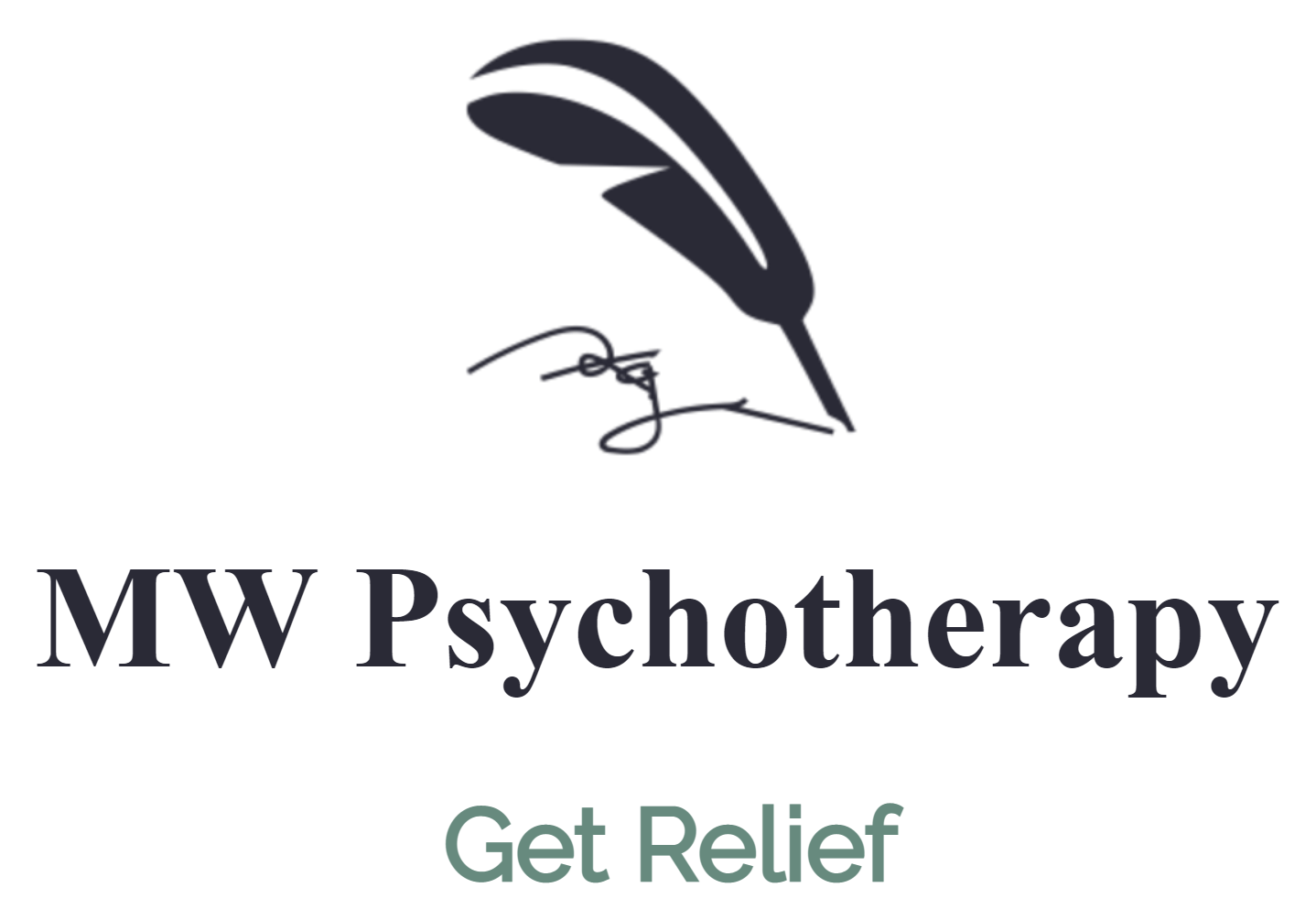Understanding Special Populations in Therapy: A Comprehensive Guide

Therapy is a vital resource for mental health and emotional well-being, but it’s essential to recognize that different populations may have unique needs and experiences. This article explores special populations in therapy, including children, the elderly, LGBTQ+ individuals, and those with disabilities, and emphasizes the importance of tailored therapeutic approaches.
1. Children and Adolescents
Unique Challenges
Children and adolescents face specific developmental and emotional challenges that differ significantly from adults. According to the American Psychological Association (APA), mental health issues in youth can manifest as behavioral problems, anxiety, or depression (APA, 2020).
Therapeutic Approaches
Play therapy, cognitive-behavioral therapy (CBT), and family therapy are commonly employed with younger clients. These methods create a safe space for expression and understanding, catering to the developmental stage of the child (Landreth, 2012).
2. The Elderly
Aging and Mental Health
The elderly population often deals with unique stressors, including loss, chronic illness, and social isolation. A study published in the Journal of Gerontology highlights that mental health issues in older adults can significantly impact their overall well-being (Cohen et al., 2020).
Tailored Interventions
Therapists working with elderly clients may utilize reminiscence therapy, mindfulness practices, and supportive counseling to address their specific needs. These approaches can enhance their quality of life and foster resilience (Rohde et al., 2019).
3. LGBTQ+ Individuals
Social and Psychological Factors
Members of the LGBTQ+ community may experience unique challenges, including discrimination, stigma, and identity-related stress. According to the National Alliance on Mental Illness (NAMI), LGBTQ+ individuals are at a higher risk for mental health issues due to societal pressures (NAMI, 2021).
Inclusive Therapy Practices
Therapists should create an inclusive environment, utilizing affirmative therapy techniques that validate the client’s identity and experiences. Research indicates that affirmative therapy can lead to better mental health outcomes for LGBTQ+ clients (Budge et al., 2013).
4. Individuals with Disabilities
Intersection of Disability and Mental Health
People with disabilities face distinct psychological challenges, including social stigma and accessibility issues. The World Health Organization (WHO) notes that individuals with disabilities are more likely to experience mental health problems (WHO, 2011).
Adaptive Therapy Methods
Therapists may employ a variety of methods to accommodate individuals with disabilities, such as using assistive technologies, offering flexible scheduling, and incorporating the client’s support system into the therapeutic process (Brown et al., 2017).
5. Culturally Diverse Populations
Cultural Sensitivity in Therapy
Culturally diverse populations often bring unique values and beliefs into therapy. The American Counseling Association (ACA) emphasizes the importance of cultural competence in therapy to ensure effective treatment (ACA, 2016).
Approaches for Inclusion
Therapists should engage in ongoing education about cultural practices and consider integrating culturally relevant approaches into therapy. This can include understanding the client’s cultural background, language, and community values (Sue et al., 2009).
Conclusion
Addressing the needs of special populations in therapy is crucial for effective mental health treatment. By employing tailored approaches, therapists can better support their clients and promote healing. Ongoing education, cultural competence, and adaptive strategies are essential components of a successful therapeutic practice.
References
- American Counseling Association (ACA). (2016). Cultural Competence in Counseling.
- American Psychological Association (APA). (2020). Children and Mental Health.
- Brown, H. et al. (2017). Therapy for Individuals with Disabilities: An Adaptive Approach. Journal of Disability Studies.
- Budge, S. L., Adelson, J. L., & Howard, K. A. (2013). Anxiety and Depression in Transgender Individuals: The Roles of Social Support and Social Identity. Journal of Consulting and Clinical Psychology.
- Cohen, S. et al. (2020). Mental Health in Older Adults: Challenges and Solutions. Journal of Gerontology.
- Landreth, G. L. (2012). Play Therapy: The Art of the Relationship. Routledge.
- National Alliance on Mental Illness (NAMI). (2021). LGBTQ Mental Health.
- Rohde, J. et al. (2019). The Effectiveness of Reminiscence Therapy for Older Adults: A Meta-Analysis. Aging & Mental Health.
- Sue, S., Cheng, J. K. Y., Saad, C. S., & Cheng, J. (2012). Asian American Mental Health: A Cultural Competence Perspective. American Psychologist.
- World Health Organization (WHO). (2011). World Report on Disability.
By focusing on the unique challenges and therapeutic needs of these special populations, we can create a more inclusive and effective mental health care system.

